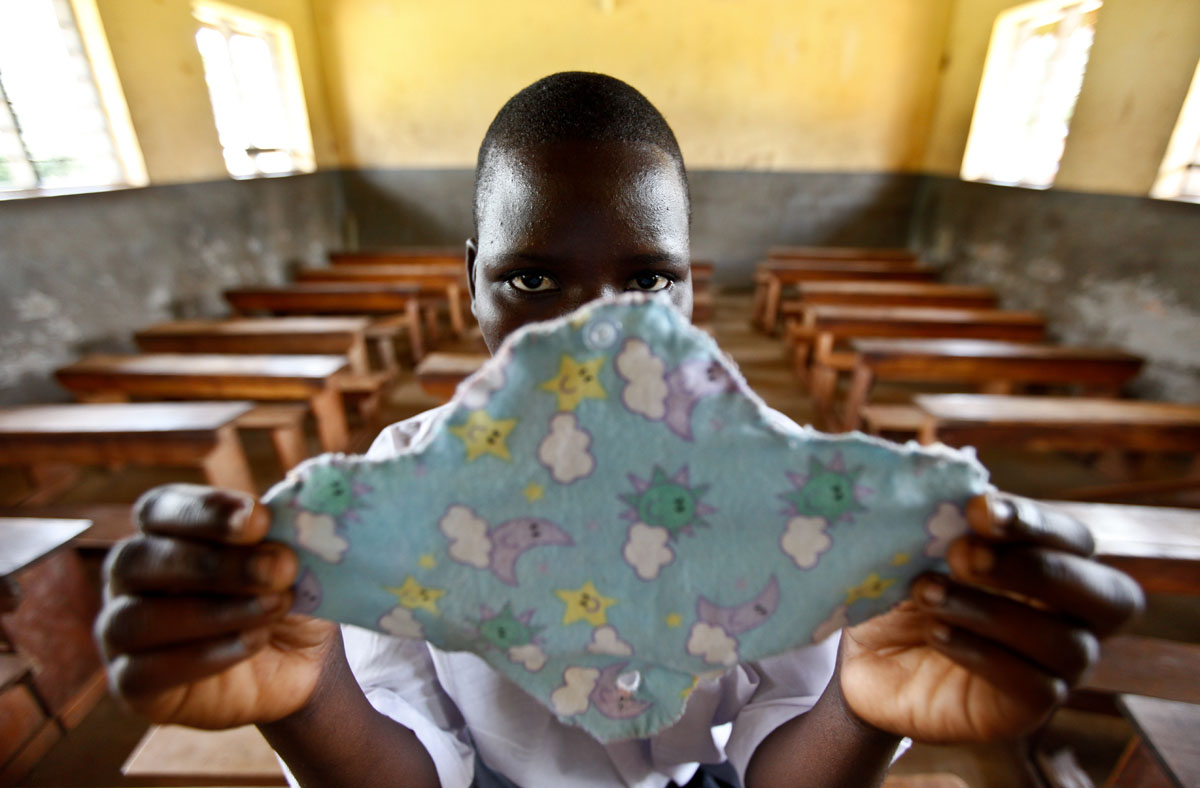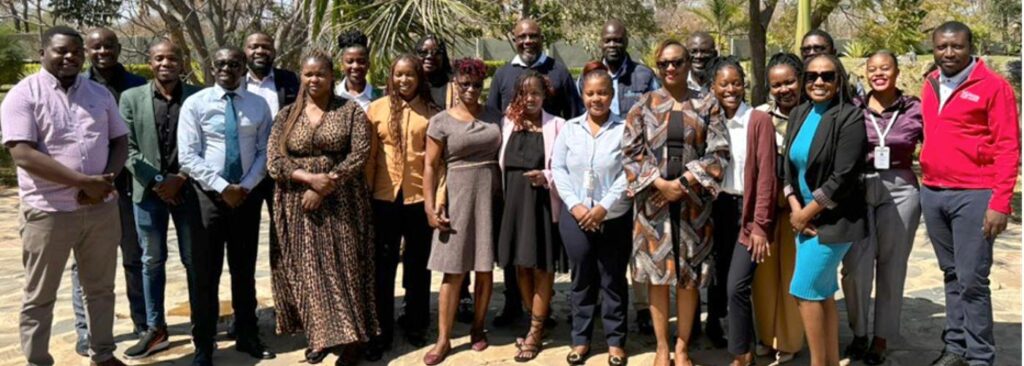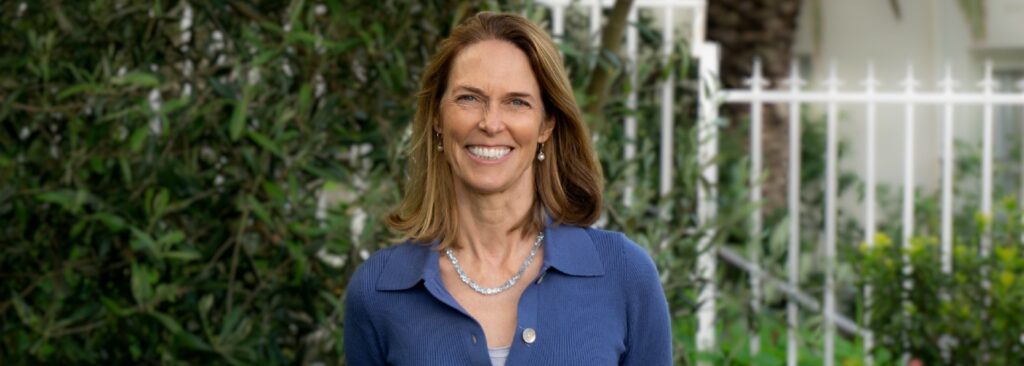The #HappyFlow campaign is lobbying for free sanitary wear to be distributed in public schools and public spaces in the Southern African Development Community (SADC) region. The campaign is premised on the idea that sexual and reproductive health rights (SRHR) matter, therefore every human who experiences menstruation has a right to sanitary wear.
Katswe Sistahood, a movement of dynamic young women fighting for the full attainment of sexual and reproductive health and rights (SRHR) by women, has started the campaign. It is coordinated via Pepeta Africa, an online community of young female SRHR activists from DRC, Malawi, Zambia and Zimbabwe, established by Katswe Sistahood.
As part of its campaign, Katswe Sistahood is spearheading an online petition to SADC parliamentarians to prioritise sanitary wear: http://katswesistahood.co.zw/call-to-action/
Sanitary wear is considered a luxury item that is often sold at prohibitive prices for the majority of girls and women living in Southern Africa. As a result, girls who are menstruating are reluctant to go to school if they cannot afford sanitary pads or may engage in transactional sex to pay for them. Many also experience stigma and sexual harassment compounding the burden of missing school.
The natural process of menstruation comes as a big problem to women and girls, contributing to both disempowerment and health risks. For young girls, menstruation is an addition to the heap of gender disparities they have to face in life. It is estimated that one out ten girls in Africa will miss school during their period and eventually drop out of school due to lack of sanitary pads.
In order to stem the flow of monthly periods, the women and girls use anything from rags, tree leaves, old clothes, toilet paper, newspapers, cotton wool, cloths or literally anything that can do the job. Most girls from poor, rural communities do not use anything at all.
The need for free sanitary wear for women and girls in Africa is indeed a major public health issue that governments need to prioritize in their planning.
The bottom line is that no girl child must be disadvantaged by the natural process of menstruation, and governments, civil society organizations and other players need to work together to ensure that the appropriate services are made available.
The objective of the petition is to:
- Declare that no girl should miss school because of her menstrual periods.
- Call on governments in the region to commit to making accessible free quality sanitary wear available in schools and public places.
- Urge governments to provide “girl-friendly” sanitation facilities in schools to ensure menstrual hygiene management.
- Appeal to governments in the region to stop taxing sanitary products as a luxury good.
- Call on governments to recognise that addressing girls’ menstrual management needs will help girls in the region stay in school, improve their health and enable them to contribute productively in their communities.
In response to the growing need to address the SRHR needs of adolescent and youth, Hivos Southern Africa’s SRHR Fund which is funded by Ford Foundation recently awarded grants to three youth-led organizations to undertake advocacy at the regional level on critical Adolescent SRHR issues (ASRHR).
The grants have been structured as learning grants to enable grantees to develop, test and document what works and does not work in terms of the use of innovative approaches to conducting advocacy and awareness campaigns.




